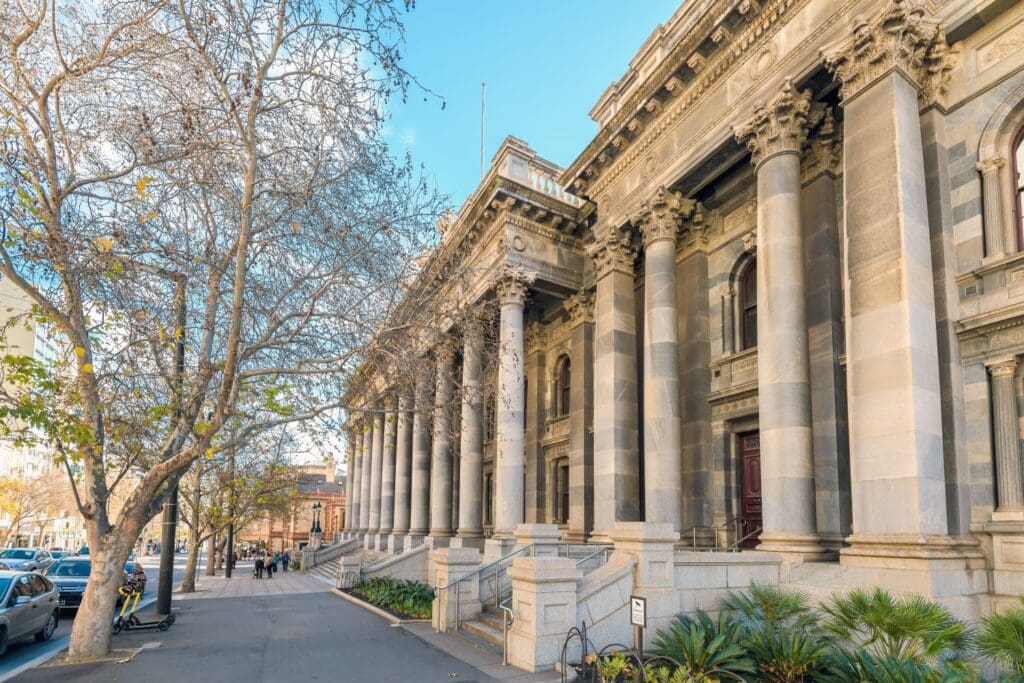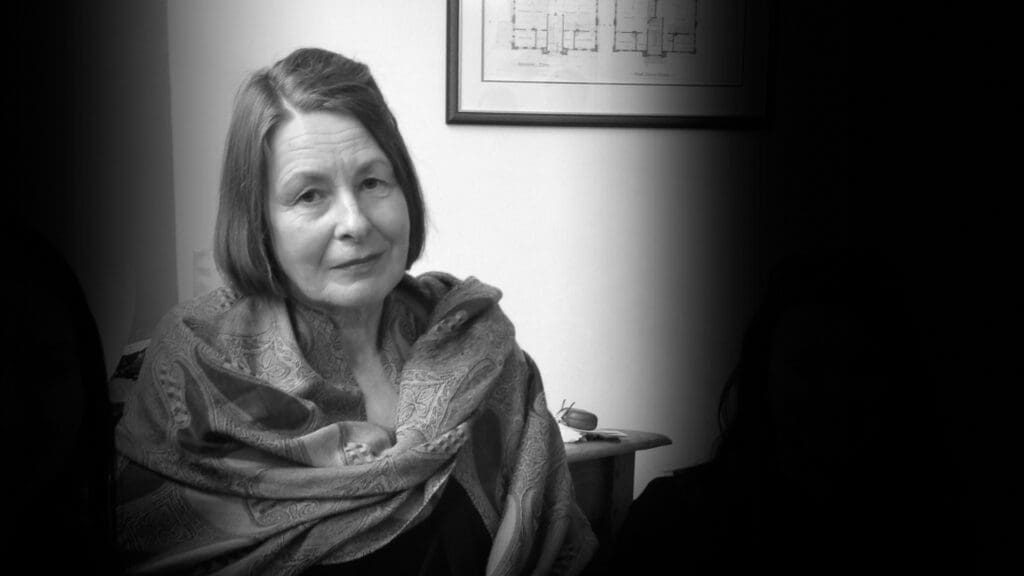Statement on recent hate crimes in Australia
Human Rights Watch, Jewish Council of Australia, Australian Federation of Islamic Councils, Australian National Imams Council, Human Rights Law Centre and Amnesty International condemn a recent spate of antisemitic hate crimes in Australia. The antisemitic attacks include the January 21 arson attack and spray-painting of antisemitic graffiti of a childcare centre in Maroubra which is located near a Jewish school and synagogue; attacks on the former home in Sydney of a prominent Jewish individual which involved the destruction of cars with fire and antisemitic graffiti; and the vandalism of two Sydney synagogues in one week which were both graffitied with swastikas.
These attacks follow a year of escalating hate crimes on the Jewish community and on the Muslim, Arab, and Palestinian communities in Australia. Over the past 15 months Islamophobic, anti-Arab, anti-Palestinian and antisemitic hate crimes include racist anti-Arab graffiti in Sydney; the planting of a homemade bomb in front of a Sydney home which was flying the Palestinian flag; the setting alight of a truck bearing the Palestinian flag which belonged to a man of Palestinian heritage in Melbourne; and the firebombing of Melbourne’s Adass Israel synagogue. These forms of racism also include politicians denying the seriousness of Islamophobia and media reports using racist language.
While these attacks and racist incidents should be abhorrent to all Australians, they are particularly frightening to the country’s Jewish, Islamic, Arab and Palestinian communities. All people have a right to freely practice their religion and express their political views without fear of violence, racial discrimination, hatred and vilification.
Acts of Islamophobia, antisemitism and anti-Palestinian and anti-Arab racism prevent Muslim, Jewish, Arab and Palestinian people from being able to freely practice their religion and culture and equally enjoy their human rights.
Political leaders should condemn recent hate crimes and acts of discrimination. However, they should not seek to politicize racist attacks for political gain. Nor should political leaders cause further community division or vilification in their response to attacks. Human rights protections should not devolve into a game of political point scoring.
Media also has a role to play in responsible reporting and avoiding language that vilifies anyone based on their religion or ethnic background.
As highlighted by the Australian Human Rights Commission’s recently released National Anti-Racism Framework, it is important to recognise both the interconnectedness and difference between various forms of racism and to adopt a coherent and principled anti-racism approach.
These recent hate crimes underscore the need for Australian governments to support anti-racism community initiatives, as well as education and community dialogue to combat prejudice and promote understanding.
The Commission has highlighted that data on racism in Australia is limited, inconsistent across jurisdictions, and often ad-hoc. Comprehensive data on hate crimes helps inform governments of the need to protect people faced with discrimination.
We call on governments at all levels in Australia to support anti-racism community initiatives, as well as education and community dialogue to address acts of antisemitism, Islamophobia, and anti-Arab and anti-Palestinian racism in Australia.
Any proposed legislation responding to recent acts of hate crimes will involve debates about freedom of religion, speech, association and assembly. We urge governments to consult with human rights experts and affected communities, and ensure that any restrictions on rights are legitimate, necessary and proportionate.
As organisations committed to the protection and promotion of human rights, we are ready to work with governments and communities to ensure that all Australians can live free from hate, and with dignity and respect.
Media Enquiries
Chandi Bates
Media and Communications Manager

Rio Tinto to face scrutiny at AGM for response to Panguna mine disaster
As shareholders meet in Perth today for Rio Tinto’s AGM, communities living with the ongoing devastation from Rio Tinto’s former Panguna mine are calling for the company to urgently commit to funding long-term solutions.
Read more
Malinauskas Government must take historic opportunity and adopt Human Rights Act after inquiry recommendation
The Human Rights Law Centre has congratulated the South Australian parliamentary inquiry recommendation for a South Australian Human Rights Act.
Read more
Legal challenge filed against Tasmanian Parole Board’s decision to gag free speech
The Human Rights Law Centre has filed legal proceedings on behalf of Tasmanian grandmother, Susan Neill-Fraser, to challenge a restrictive parole condition placed on her by the Tasmanian Parole Board seeking to limit her ability to speak to the media.
Read more


